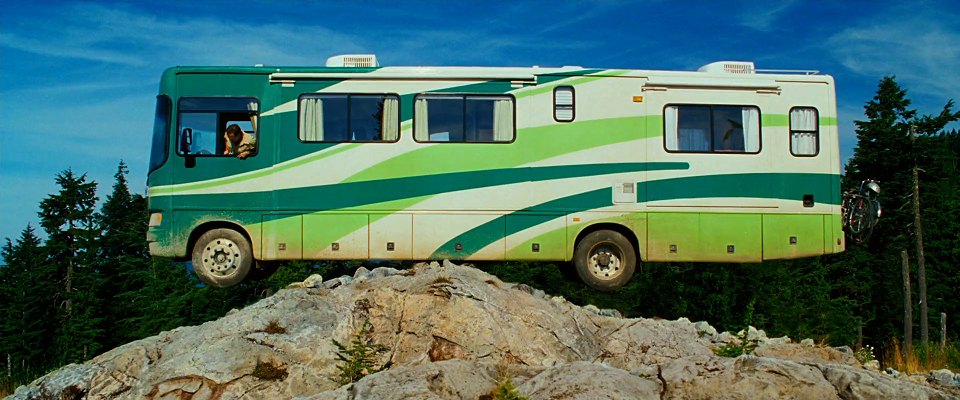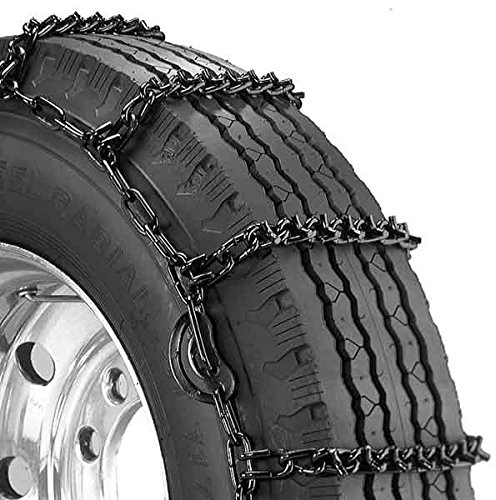skyl4rk
Well-known member
- Joined
- Nov 30, 2014
- Messages
- 681
- Reaction score
- 14
If I am pulling a cargo trailer conversion and I want to spend time in the Rockies and desert Southwest, should I choose a four wheel drive vehicle?
If one wants to go far enough into wilderness areas to get away from traffic and people, do you have to go on really bad roads?
Do you need a four wheel drive on backroads in desert areas or mountain areas?
How much ground clearance is adequate? Is a lifted vehicle an advantage?
If you want to explore some remote areas, do you need four wheel drive in case you get stuck?
How does two wheel drive limit you when exploring BLM land and national forests?
Can you get to enough interesting areas with two wheel drive to make it "not worth it" to have four wheel drive?
Do you eventually learn how to drive a two wheel drive vehicle on bad roads so you know where not to drive and won't get stuck?
Are there road problems like mudholes, big rocks or sandy sections that you have to watch out for?
What is a type of vehicle that works well exploring these areas (either two wheel drive or four wheel drive)?
Will a cargo van work on two track and gravel roads?
If one wants to go far enough into wilderness areas to get away from traffic and people, do you have to go on really bad roads?
Do you need a four wheel drive on backroads in desert areas or mountain areas?
How much ground clearance is adequate? Is a lifted vehicle an advantage?
If you want to explore some remote areas, do you need four wheel drive in case you get stuck?
How does two wheel drive limit you when exploring BLM land and national forests?
Can you get to enough interesting areas with two wheel drive to make it "not worth it" to have four wheel drive?
Do you eventually learn how to drive a two wheel drive vehicle on bad roads so you know where not to drive and won't get stuck?
Are there road problems like mudholes, big rocks or sandy sections that you have to watch out for?
What is a type of vehicle that works well exploring these areas (either two wheel drive or four wheel drive)?
Will a cargo van work on two track and gravel roads?






